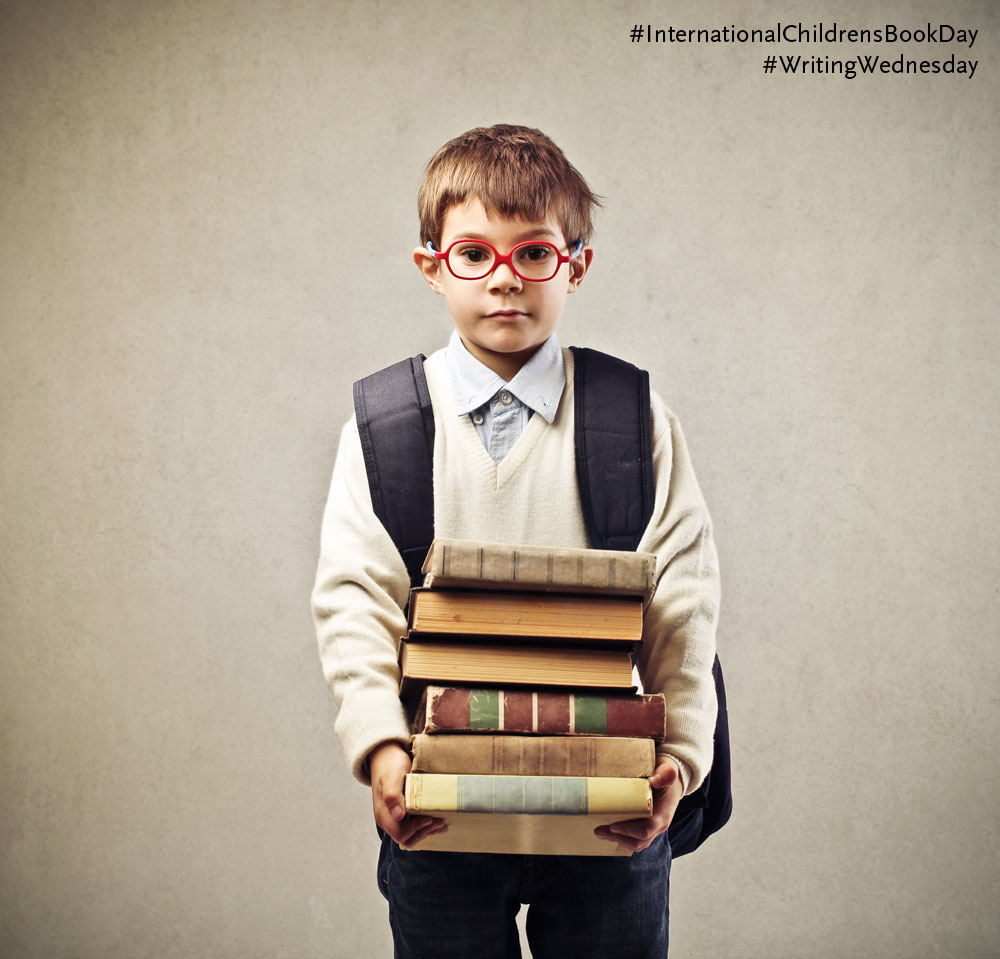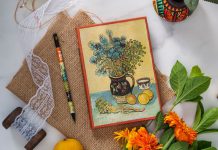Today is International Children’s Book Day (ICBD), an annual event based around the birthday of famed fairy tale teller Hans Christian Andersen. Meant to encourage a love of reading amongst people of all ages while calling attention to children’s literature, ICBD has been celebrated every year since 1967. To help ICBD inspire an appreciation of literature in people of all generations, we thought we’d take a look at what some of the most successful and beloved children’s authors have to say about the art of writing.
Philip Ardagh (Grubtown Tales; the Eddie Dickens series)
From an interview in Parent Dish: “I have some superb rejection letters, acquired in my early years as a writer. With the hindsight acquired from being so tall and good-looking, and with such an outstanding beard, I can see that I was submitting far too early. So that would be my main piece of advice: don’t be in a hurry. And don’t throw anything away. I find scraps of paper I wrote years ago, and think to myself ‘I really like that phrase – I couldn’t write that now.’ Finally, it’s important to set aside some time to write every day, even if it’s just 15 minutes. Try to stop just before you run out of story, so you can always start your next writing session knowing what happens next.”
Jane Yolen (Owl Moon)
Random thoughts on writing from her own website: “I generally do not think out plots or characters ahead of time. I let things roll along. Organic is the word I use for this. But actually I do it because I am a reader before I am a writer. I want my own writing to surprise me, the way someone else’s book does. If I think out everything ahead of time, I am – in Truman Capote’s words – ‘Not a writer but a typewriter.'”
Judy Blume (Are You There God? It’s Me, Margaret; Tales of a Fourth Grade Nothing)
In an interview with Writer’s Digest: “Imagination is everything. Without it there could be no fiction. It doesn’t matter if you’re writing for children or adults. You still have to bring your characters to life through your imagination. And you have to imagine their story.”
Michael Morpurgo (War Horse, former United Kingdom Children’s Laureate)
From an article on TheGuardian.com: “Write and re-write your poem or story to try and perfect it but also to help you find your voice and your own way of expressing yourself. Tell it down on the page and read it out aloud. You’ll be surprised how hearing it will help you perfect your story. And try and live inside your story, hear and feel it all around you and become the characters.”
Jack London (White Fang)
“You can’t wait for inspiration, you have to go after it with a club.”
J.K. Rowling (the Harry Potter series)
“I always advise children who ask me for tips on being a writer to read as much as they possibly can. Jane Austen gave a young friend the same advice, so I’m in good company there.”
Maurice Sendak (Where the Wild Things Are)
“I never spent less than two years on the text of one of my picture books, even though each of them is approximately 380 words long. Only when the text is finished … do I begin the pictures.”
Annabel Pitcher (Ketchup Clouds)
From an article on TheGuardian.com: “My first tip would be to start small and not over face yourself with writing a book. This is simply because it is really daunting to try and write seventy thousand words, when instead you can try and write a creative piece that is a thousand words, and have the lovely experience of finishing something that has a beginning, middle and end – a story, but on a small scale. What is great about this is that you get to practice being a writer; you get to plan and plot and write and edit without getting bogged down by a large project. “





